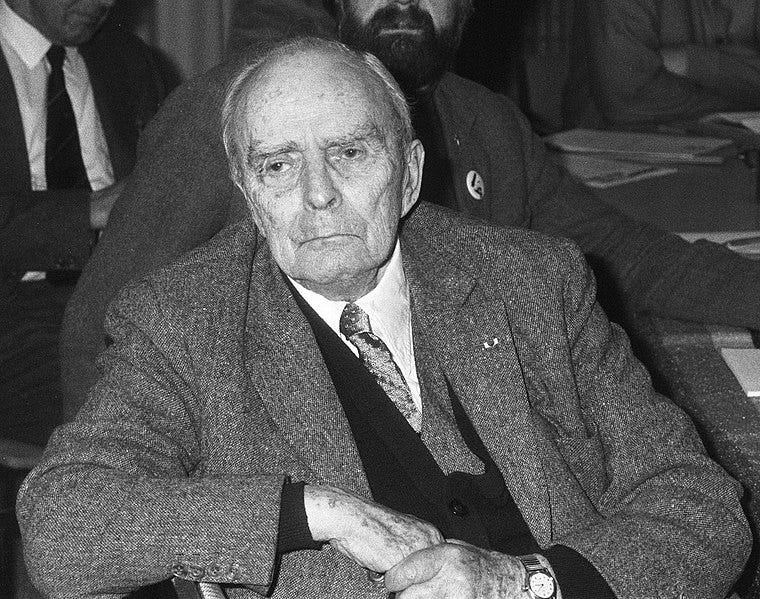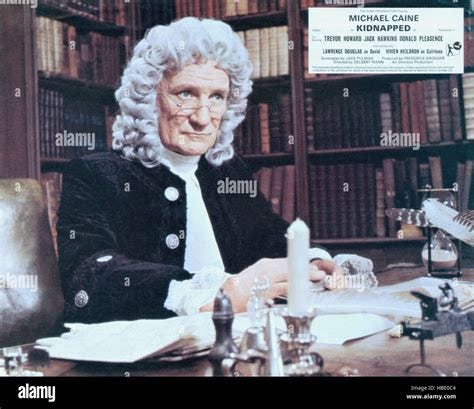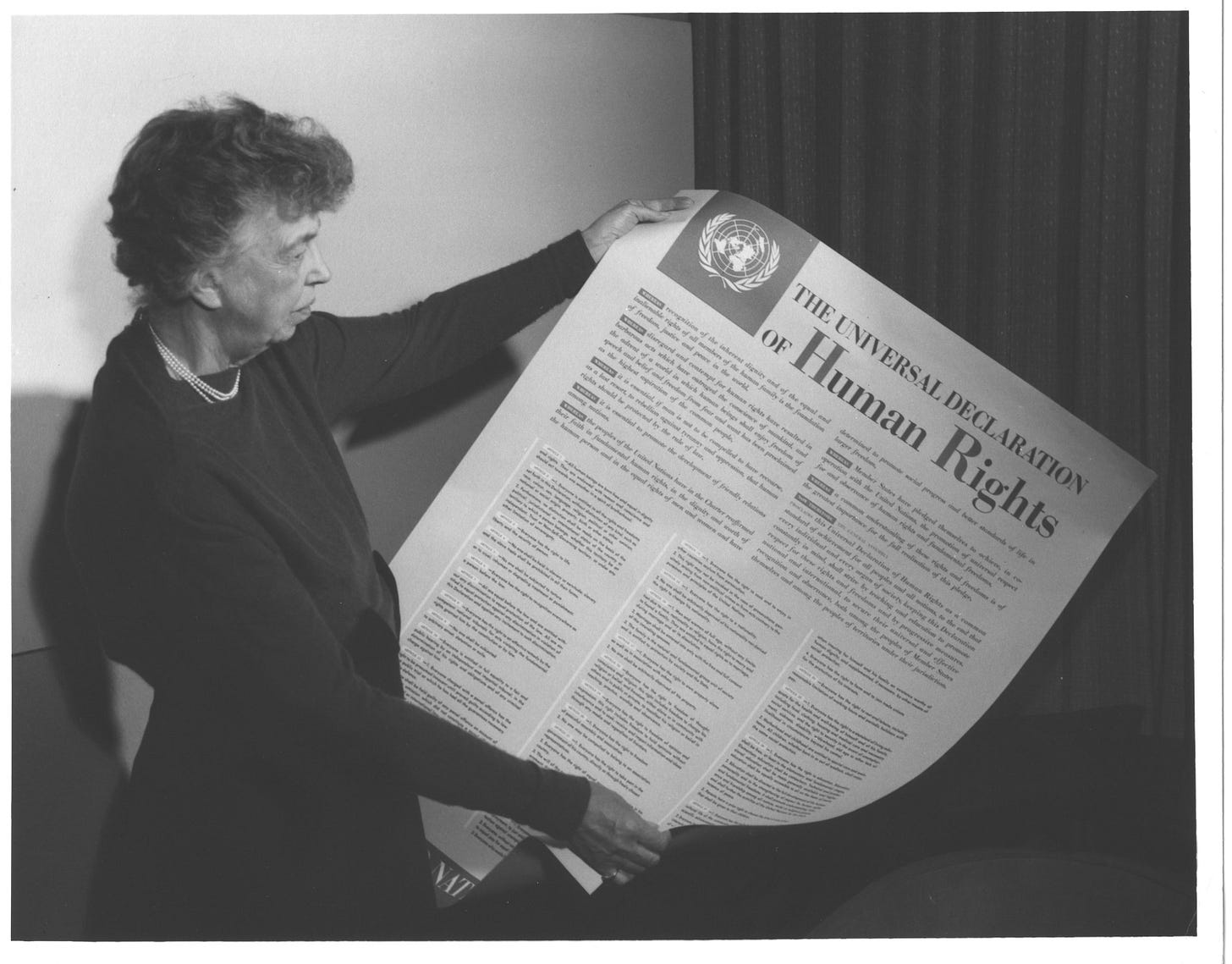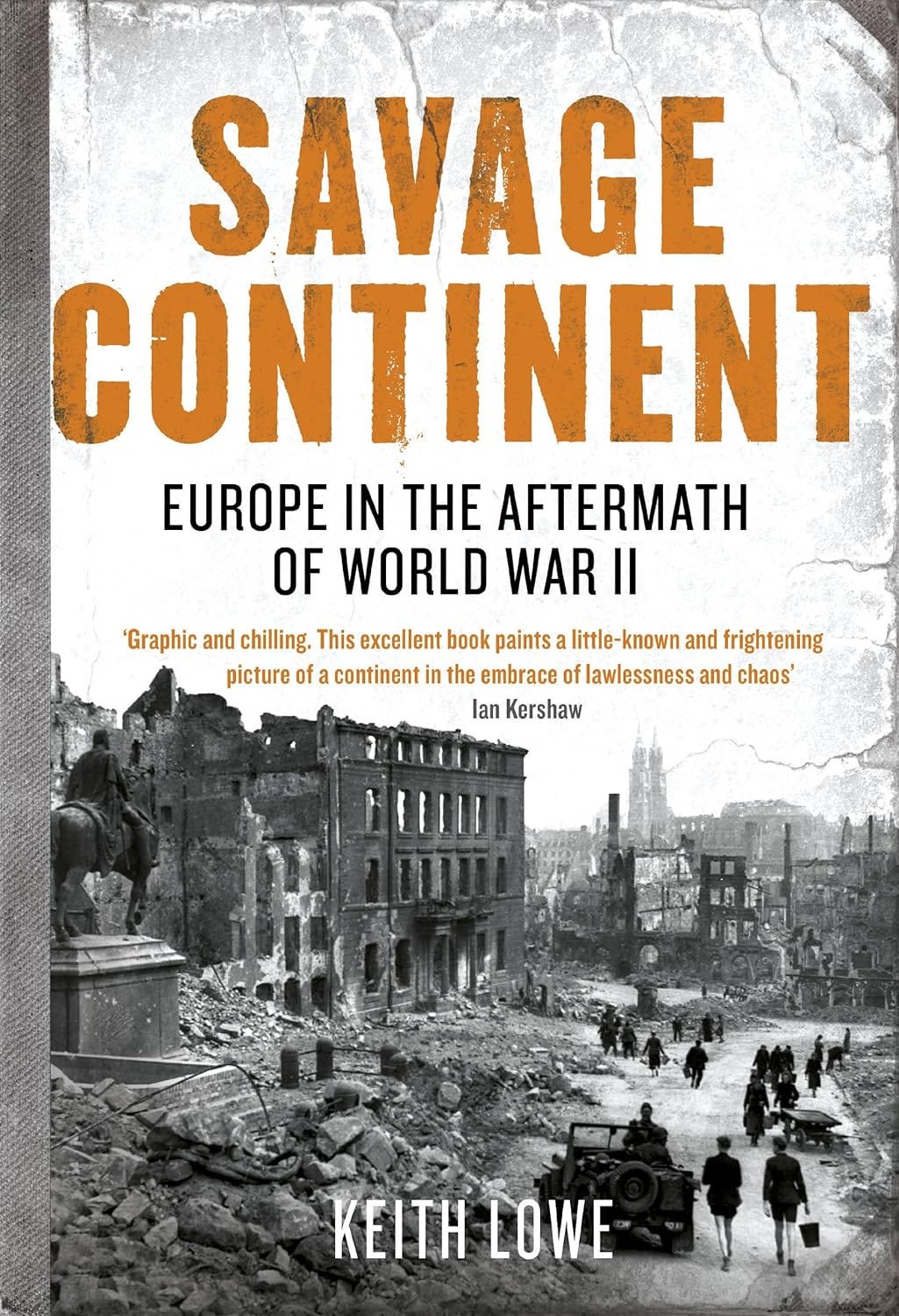1 (I recommend listening to this first)2
This is a continuation of the previous essay The Children of Lir -Part One here

I fought the Law and the Law won
Man cannot alter the laws….
The legalising of gay marriage in Ireland in 2018 was another success for the international human rights movement- a broad range of global organisations which campaign for issues as diverse as equality for women, political freedoms and anti racism and which use tools such as legal activism and media campaigns to push for changing the laws around issues like gay marriage and the rights of women in many countries.
This movement has been gradually growing over the last century and hugely increased in influence after the Second World War when the horrors of the Holocaust underscored the need for a new framework of international norms to hold nation-states accountable for egregious abuses against their citizens. A key member of that movement was the Irish diplomat Seán MacBride, son of Maud Gonne (yes -the same one that I have written previously about here). McBride who had a fascinating life was a founder of the European Court of Human Rights in 1966 and a co founder of Amnesty International in 1961, the organisation which campaigns for the rights of political prisoners around the world.
He was awarded the Nobel Prize for Peace in 1974 and the Lenin Peace Prize in in 1977 (the only person ever awarded both prizes) for his work on this and many other human rights issues around the world. As a trained barrister he contributed to the creation of many international laws and legal frameworks. McBride’s 1974 Nobel acceptance speech (which deserves to be read in full here) still reverberates today:
It is nearly with a feeling of despair that I come to your beautiful country and city to receive this hardly deserved honor. Despair partly because we are living in a world where war, violence, brutality and ever increasing armament dominate the thinking of humanity; but, more so, because humanity itself gives the appearance of having become numbed or terrified by its own impotence in the face of disaster.3
You live by simple rules…
Let’s rewind a little, previously I have written about the clash of world views during the Williamite Wars in Ireland here . In it I mentioned a scene from the 1971 film ‘Kidnapped’ based on the Robert Louis Stevenson book of the same name about the aftermath of the failed Jacobite rebellion in the mid eighteenth century where a bewigged Trevor Howard playing the Lord Advocate explains to Jack Hawkins playing David Balfour - the hero - why the Jacobite world view must die:
You live by simple rules, David, because your world is simple. But who protects that world for you? I do! ….If your king must bend to the law and not be above it, you owe that to me too. Not to highland savages like the Stewarts, who put a man on the throne with delusions of divine right…….I'm a highlander myself, Mr. Balfour.I know of not any finer people in the world, but they're 500 years behind England. They're a tribal people and must be brought into the realm of the nation state. A struggle has been going on in these islands for centuries, of which you are only dimly aware. A struggle to curb the absolute right of kings, and I believe in that struggle.4
As well as being the centre of the Jacobite rebellions in the eighteenth century- Scotland was at the same time an important centre for Enlightenment views -Edinburgh being the home of influential writers and thinkers like David Hume 5and the economist Adam Smith.. This was a philosophy wholly centred on man and man made constructs - as Hume said:
‘Tis evident, that all the sciences have a relation, more or less, to human nature.… Even Mathematics, Natural Philosophy, and Natural Religion, are in some measure dependent on the science of Man6
In the quote from the ‘Kidnapped’ the Lord Advocate is an avatar for these views. Clan membership, an emotional attachment to a living human community with a shared history is redundant- it has been replaced by an abstract concept - citizenship of the nation-state and clan loyalty by the rule of law- a rational concept. But clan membership was not merely a sentimental attachment; it was how people defended themselves and their communities through violence if necessary. The Alan Breck character played by Michael Caine is a proud Stewart and a lethal foe ‘Am I no a bonny fighter Davie?7’ in defence of himself and those he loves. What the Lord Advocate proposes instead is a bribe: give up this right to violence for personal and family protection; instead we will offer you protection under the law where all men- even the king himself - are equal; people like the Lord Advocate and his fellow lawyers will make sure of that (Who protects this world …..? I do!). This law will be underpinned by state sanctioned violence enforced by paid soldiers, and in latter times, the police.
But what the Lord Advocate does not tell David is the price that will be exacted for this state protection - lawyers, soldiers and police need paying out of taxation. In the film we move from the rural world of the clan where people are ‘born cousins’ to each other - generously giving the fugitives food and shelter - to Edinburgh where accommodation must be paid for and every interaction with another human being is transactional - even the charming daughter of the Lord Advocate who sets up David Balfour’s meeting with her father, reminds him at the end of it of his obligation to her ‘I said you should have an apology’8 - in her world even good intentions are carefully calculated. This is contrast to the easy generosity of Catriona Stewart -David’s highland sweetheart - who expects no thanks for her help ‘he’s my own born cousin’.
Robert Louis Stevenson is asking us in ‘Kidnapped’ what has been lost in the drive for ‘progress’ in the eighteenth century - the loss of the emotional bonds of clan membership, a sense of belonging to the land, loyalty to a person (the King) who embodies the pact between humanity and the spiritual world. Even the title ‘Kidnapped’ is a gesture towards what has been lost by jettisoning the values of the past - at the start of the film David’s only surviving relative and uncle has sold him to a slave trader to be shipped to the Carolinas- an intimate family relationship destroyed by his uncle’s greed. (Stevenson returned to the same theme in his later novel ‘Dr Jeckyll and Mr Hyde’ which critiques scientific advances in a similar fashion).
But at the end of the film Michael Caine as Alan Breck walks up to Edinburgh Castle to his death - he knows that what he has fought for has already slipped away. The bargain of the nation-state where individuals swapped their tribal membership for citizenship and the protection of the rule of law has won over the Jacobite world view of clan loyalties and personal courage. It was the one also adopted by most countries in the following centuries and still the one we live in today. The monarchy remained in the UK; the divine rights of kings had been cauterised in the Glorious Revolution and their powers circumscribed by parliamentary democracy - and by men like the Lord Advocate in a new world of lawyers and bureaucrats.
We Hold These Truths to Be Self Evident….
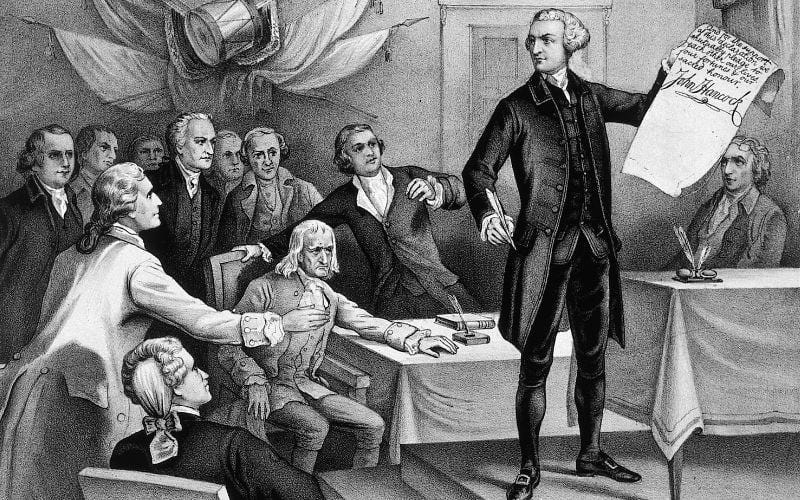
The beliefs which the Lord Advocate laid out such as the rule of law did not remain in Scotland- the thinkers of the Scottish Enlightenment such as David Hume and Adam Smith were hugely influential on the American independence movement later in the eighteenth century. Many of their ideas underpinned its principles; as well as equality, others such as universality - that all human beings should join in solidarity to achieve a common set of basic conditions; and of the need to move societies away from states of ‘barbarism’ to ‘civilisation’ where most human interactions outside of one’s immediate family would be based on rationality and calculation rather than emotional bonds and reciprocity. (This is explored in more depth in this article here:
https://theses.gla.ac.uk/3682/1/2012MackenzieLLM.pdf)
These influences are strongly evident in the American Declaration of Independence in 1776 (three of whose signatories were Irish) which states:
We hold these truths to be self-evident, that all men are created equal, that they are endowed by their Creator with certain unalienable Rights, that among these are Life, Liberty and the pursuit of Happiness.9
The ‘all men’ who were equal in this document were of course the elite upper class white educated American men - some of whom were slaveholders; but in the centuries that followed the tent of the nation-state grew to expand these rights to include women and all races and those of differing sexual orientations (or at least it did on paper, what that meant in reality was often very different). Most of these movements for increased freedoms were secular, although their individual members might be religious (such as the heavy Quaker involvement in the anti slavery movement) but the ‘Creator’ mentioned in the Declaration of Independence - who appears there only as a kind of cosmic referee - was ever more pushed to the margins.
By the time of the creation of 1948 UN Declaration of Human Rights He/She or whatever you might designate a Creator (or Creators) has disappeared entirely which simply states that:
All human beings are born free and equal in dignity and rights…10
The UN Declaration of Human Rights was drawn up in the aftermath of the Second World War when the supposed safety that the nation-state offered to its citizens was revealed in practice to be both highly selective and dependent on the whims of powerful groups within it. A prime example of this was the horrors of the Holocaust inflicted by the nation-state of Germany on its own Jewish citizens - showing that within the nation-state - some were more equal and safer than others. Those principal Nazi state actors responsible were tried at Nuremberg and executed in Spandau Prison in 194611. These trials were a key moment in widening the concept of legal responsibility beyond the borders of the nation-state and they became a major impetus for the rise of the international human rights legal frameworks which followed such as the European Court of Human Rights (in whose creation Sean McBride played a key role)12.
The Jews in the Holocaust had been targeted because of their religion; some of those who carried out those killings also professed religious beliefs (although key tenents of these like ‘thou shalt not kill’ offered no protection to their victims). But apart from thanking God/Gods/the Universe on their victories - in the main the protagonists of the Second World War did not on the whole bother to invoke anything spiritual during the conduct of the war itself.13 For example no one seems to have considered whether particular actions like the bombing of Dresden or dropping nuclear bombs in Japan might exceed the bounds of divine displeasure.
The revelations of the horrors which humanity was capable of after the war might even been a factor in the gradual abandonment of religious beliefs after the war. 14In the years that followed the war the creation of a mass consumer society and the improvement of general population health and increase in life spans have pushed many away from spiritual considerations and churches across the Western world have been gradually emptying for the last seventy years15. There has even been discussion in the UK recently by former Archbishop of Canterbury Rowan Williams of whether a ‘post Christian’ society is emerging.16
Others, like those in the international Humanist movement have pointed out that the absence of traditional religion from modern life does not mean an absence of morality, but instead today’s moral precepts are undergirded by individual feelings of compassion, kindness and justice and policed by state legislation which provides a protective fence around the more vulnerable members of society17. For nation-states the emergence of international courts like such as the International Criminal Court or the European Court of Human Rights (one of whose founding members was Seán McBride) seem to indicate that those who transgress international norms will eventually face a reckoning in the wider human community, for example as in the case of Serbian war criminals like Slobodan Milosevic18. A more recent example of this is the indictment of the state of Israel for acts of genocide conducted by the Irish barrister Blinne Nessa Áine Ní Ghrálaigh at the International Criminal Court in 2024.19
Only Slaves, Women and Little Children…
So - on the face of it - this all seems a victory for the Scottish Enlightenment views of men like David Hume: (Tis evident, that all the sciences have a relation, more or less, to human nature.… Even Mathematics, Natural Philosophy, and Natural Religion, are in some measure dependent on the science of Man). There is no need to invoke divine sources for concepts like justice and equality - their reification in man made laws across time and space as well as the creation of human institutions like the International Criminal Court to enforce them would seem to confirm this
But this view has recently been challenged in the 2019 book ‘Dominion’ by the author Tom Holland. It says that contrary to the American Declaration of Independence - there is in fact nothing ‘self evident’ about statements such as ‘all men are created equal’. His contention instead is that this belief is in effect a spin off from the teachings of the Gospels for example in the words of the King James Bible in John 15:15:
Henceforth I call you not servants; for the servant knoweth not what his lord doeth: but I have called you friends; for all things that I have heard of my Father I have made known unto you.
He also states that beliefs in the equality and respect for women also have their roots in their sympathetic portrayal in the Gospels, as well the rights for children and the more vulnerable members of society such as the poor or disabled. 20
Holland’s evidence for this is that - prior to the introduction of Christianity, many societies throughout history like the Roman Empire (and many present day societies still) had very different views of equality between their members and in particular about the status of weaker members like women and children. He states that these rights which are being promulgated across the globe by the UN and Non Government Organisations (NGOs) such as Oxfam or Save The Children in the Global South as universal to humanity have in fact have their roots in the Enlightenment philosophies of the seventeenth and eighteenth centuries of men like Hume, Descartes and Locke.
Holland’s book does not denigrate these beliefs - nor does he intend this as a criticism of the invaluable work that these organisations do for the most vulnerable on the planet. It is simply his observation that the assumptions which undergird many of these movements are not universally shared by humanity nor by some of the societies where these NGOs operate.
Present day examples of this might be the countries of the Arabian Gulf where the status of migrant labourers is often exploitative - there is no pretending here that all men are equal - nor is it ‘self evident’ to their employers that they should be. But as Tom Holland also points out in his book - Rome itself prior to to the arrival of Christianity was a brutal status driven society where only the views of elite men counted. The entry of Christianity into this society was often mocked by these elite men as when the second century Roman writer Celsus sneered of the Christians:
….convince only the foolish, dishonorable, and stupid, only slaves, women, and little children (Cels. 3.44)21
This of course changed when the Emperor Constantine adopted Christianity in the fourth century ACE as the Empire’s official religion - but the uneasy yoking of Christianity and Empire was never a comfortable or easy compromise as Holland says:
Among a people who had always celebrated the agon, the contest to be the best, he announced that God had chosen the foolish to shame the wise, and the weak to shame the strong. In a world that took for granted the hierarchy of human chattels and their owners, he insisted that the distinctions between slave and free, now that Christ himself had suffered the death of a slave, were of no more account than those between Greek and Jew.22
This discomfort remained in the many different societies which have been self described as Christian; for instance the slave owners of the ante bellum American South who cherry picked Biblical texts to find justification for an economically expediency: chattel slavery. But as Holland points out in ‘Dominion’ the hypocrisy required by many of these subterfuges necessarily sprang from the core Christian message itself: that the founder of their religion had died a slave’s death at the hands of unfettered power and thus the cross is a powerful silent rebuke to those sought to exercise the same power.
Savage Continent….
In more recent times the 2012 book called ‘Savage Continent’ by Keith Lowe questions the ambigous moral status of all the Second World War’s participants: the barbarity of much of the Soviet occupation of German territory post war; the British bombing of Dresden; American use of nuclear weapons in Japan as well as the widespread aggression against civilian populations and the ethnic cleansing by the victorious allies much of which happened long after the official cease fires. What emerges very clearly from Lowe’s book is that legal justice then and now is closely linked to power: who has it and who does not. The international framework of human rights and legal frameworks built after the war did not address the crimes of the victors: only those of the defeated.
A Sparrow Must Fall….

This was not the first time that the aftermath of war has meant that justice was tilted in favour of the victors. The destruction of the Highland clan system in the eighteenth century portrayed in ‘Kidnapped’ was carried out by men such as the Duke of Cumberland (commonly known as ‘Butcher Cumberland’)23 who was never - like those who ordered the bombings of Hiroshima or Dresden centuries later - held accountable for his crimes.
I’d like to go back to the scene from ‘Kidnapped’ which I discussed at the beginning of this essay. In it the Lord Advocate is trying to convince David Balfour that the new world he is bringing forth - a world based on the rule of law administered by lawyers like himself and enforced with state sanctioned force - is better than the ‘barbarity’ of the tribal past like the Highland clans. As a price for this supposed better world emerging, James Stewart - a man whom they both know is innocent- must die because the state’s allies - the Campbells- require it as retributive justice:
A sparrow must fall so that a lark may fly!24
But here the Lord Advocate’s hidden intentions are unmasked and those of the new order he represents - how can it be just for an inocent victim to die? (and this is in direct contradiction of the biblical injunction- Matthew 10:29 which states that a ‘not a sparrow will fall to earth without the Father’s permission’)25
Thus the rule of law that the Lord Advocate wants as the basis for the new world order is based on power imbalances and injustice from the start - a world where there is justice for some and not for others - David Balfour intuits but cannot fully articulate his disagreement with his cauistry:
I can't argue with you. You have answers to questions I haven't even thought of. But if they all add up to this statement that James Stewart must hang, then I say that they're wrong! And I think maybe you would've…Once.26
David Balfour is appealing here not to the rational morality of the Enlightenment based on human constructs like equality or to the rule of law; but instead to a deeper truth - it is always wrong to kill an innocent human being because it is an offence to natural justice which exists outside human understanding or explanation.
The bargain that was proposed by the Lord Advocate in ‘Kidnapped’ to David Balfour is that henceforth the nation-state would have the monopoly on violence in exchange for treating citizens equally and providing protection for the vulnerable under the rule of law and this end justified the means by which it came into being - the destruction of the Highland way of life (which might have been one of the first genocides of modern times). But the crimes of the Holocaust in the twentieth century was an example of how the rule of law itself could be weaponised against minority groups within the nation-state - and the supposed equality under it could be a fiction tilted in favour of the powerful.
Likewise the framework of international law set up in the wake of World War Two was intended to provide citizens of nation-states with legal bulwarks against these abuses- but it too was built on ignoring the crimes of the victors in the Second World War. Since then international justice has always been weighted in favour of the powerful - for instance the US has never been a party to the International Criminal Court - and it seems unlikely that this will change soon27 .
Seán McBride - himself one of the key founders of the international human rights movement, but also a man of deep humility (he referred to receiving the Nobel Peace Prize as ‘this hardly deserved honor’) - was not entirely convinced that the tools of legal activism and the international legal frameworks that he did so much so much to promote would always produce a just or better world; instead at the end of his 1974 speech he referred instead to principles outside of human constructs:
It is clear that it is not man who has created the universe – whether you believe in God, or in gods or deny any divine presence – man cannot alter the laws that govern the universe without damaging it.28
Post script
After writing this I have come across the wonderful essay: here which I will quote from in the following as it explains the Lord Advocate/McBride positions exactly:
The Lord Advocate (an innocent man must die for the supposed greater good) is an example of :
consequentialist moral ethic: what matters is not whether an action is good or evil in itself, but whether it produces a favorable result. If suffering now leads to peace later, then the suffering is worth it. If violence now ensures stability, then violence is the price of order.
In contrast McBride’s position is that there are ‘universal laws’ which are wrong in themselves to disobey (Man cannot alter the laws of the universe….)
Tolkien was, in modern terms, a deontologist: someone who believed that actions are moral or immoral based on their inherent nature, not on the result they produce. For him, a moral choice isn’t about calculation, but about faithfulness.
In an amazing piece of synchronity, I came across in a family archive a photograph of the late Sean McBride whom I had just written about, and remembered that I had met him many years ago.
The themes of the Children of Lir will be explored further in Part Three - the international charity sector.
https://en.wikipedia.org/wiki/I_Fought_the_Law
https://www.nobelprize.org/prizes/peace/1974/macbride/lecture/
https://subslikescript.com/movie/Kidnapped-67302
https://www.britannica.com/biography/David-Hume
https://en.wikipedia.org/wiki/David_Hume
ibid, 1
https://subslikescript.com/movie/Kidnapped-67302
https://www.archives.gov/founding-docs/declaration-transcript
https://www.ohchr.org/en/universal-declaration-of-human-rights/illustrated-universal-declaration-human-rights
https://en.wikipedia.org/wiki/Spandau_Prison
https://www.echr.coe.int/
https://totalmilitaryinsight.com/military-ethics-during-wwii/
https://www.pewresearch.org/religion/2015/04/02/europe/
ibid.
https://www.bbc.co.uk/news/uk-politics-27177265
https://humanistmovement.org/
https://en.wikipedia.org/wiki/Slobodan_Milo%C5%A1evi%C4%87
https://www.reuters.com/world/middle-east/key-takeaways-world-court-decision-israei-genocide-case-2024-01-26/
(Other rights currently enshrined in international laws may have drawn on influences from other religious traditions such as Buddhism and Islam; but in his opinion the core ones are drawn from the Christian tradition)
https://www.bluffton.edu/courses/humanities/1/celsus.htm
‘Dominion’, Tom Holland, 2021
https://en.wikipedia.org/wiki/Prince_William%2C_Duke_of_Cumberland
https://subslikescript.com/movie/Kidnapped-67302
one of them shall not fall on the ground without your Father.
Source: https://bible.knowing-jesus.com/Matthew/10/29
https://subslikescript.com/movie/Kidnapped-67302
https://en.wikipedia.org/wiki/United_States_and_the_International_Criminal_Court
https://www.nobelprize.org/prizes/peace/1974/macbride/lecture/


